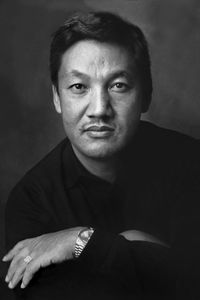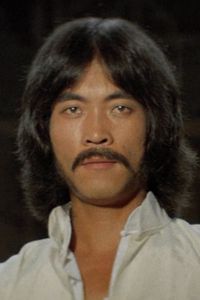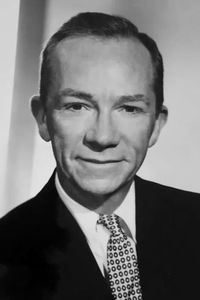Sonam Sherpa, a name synonymous with his ethnic group, is often misunderstood as only being porters or guides. In reality, the Sherpas are one of the 105 ethnic groups inhabiting the foothills of the Nepalese Himalayas, above the town of Lukla, the gateway to the Everest trails.
Born in Pangom, a stone house with a wooden shingle roof, at an altitude of 2,800 meters, without running water or electricity, Sonam's early life was marked by hardship. After his father's premature death, he fled Pangom on foot, hiding from his family, and eventually made his way to Kathmandu.
At 16, Sonam began working for his older sister's trekking agency, taking English, cooking, and French lessons, and eventually setting up his own agency, Thamserku. His agency gained momentum, organizing expeditions for professional mountaineers and becoming the most important in Nepal, while prioritizing the respect of local populations, their culture, and the environment.
Tragedy struck when his elder brother was killed in an avalanche, followed by the death of his first wife, Pasang Lhamu, a renowned mountaineer who had conquered Everest in 1993. Sonam was devastated by grief, but eventually remarried and had a fourth child.
Despite the challenges, Sonam created a foundation to help the widows of Sherpas, established a pension fund for porters, built a hospital in Lukla, and worked towards electrifying his native village and installing running water. He has rubbed shoulders with some of the greatest mountaineers, including Messner, Lafaille, Escoffier, Kammerlander, Dacher, Habeler, and Kaltenbrunner.
As a pioneer in the trekking industry, Sonam has achieved success, but not without facing the challenges of working in a region plagued by conflict, having to negotiate with various factions, including the royalists, Maoists, and conservatives.


























